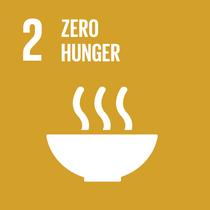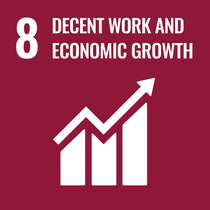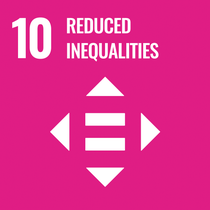What do we offer
Food Fortification
Food Fortification: Addressing essential micronutrient deficiencies
Creating value to society by addressing essential micronutrient deficiencies.
Around two billion people – almost one third of the global population – suffer from micronutrient deficiencies or ‘hidden hunger’. Women of reproductive age and children less than two years specifically need iron, folic acid, vitamin A, and zinc. An adequate supply of micronutrients is crucial to a child’s development, especially during the first 1,000 days of life.

Therefore, providing the right nutrients to the right people at the right time is key for a sustainable future.
Learn more about micronutrient deficiency here: WHO | Malnutrition

Fortification as a solution
Fortifying staple foods is an effective and sustainable solution to improve the nutritional status, particularly among low-income population groups. As of 2020, 142 countries had mandatory fortification of staple food (source: Global Fortification Data Exchange). Food fortification is done by adding one or more essential nutrients to commonly consumed foods, such as oil or flour, for the purpose of correcting or preventing micronutrient deficiency in populations. Food fortification is an investment in the future as it contributes to a healthier society in developing and emerging countries.

Our goals
We are engaged in projects in over 40 countries and work in multi-stakeholder alliances to ensure a sustainable impact through our product solutions, technical assistance, scientific capacities, and partnership building. Our efforts aim to realize four UN Sustainable Development Goals: zero hunger, reduced inequalities, decent work and economic growth, and partnerships for the goals.




Explore more of BASF contributions toward UN sustainable development goals UN Sustainable Development Goals (basf.com)








